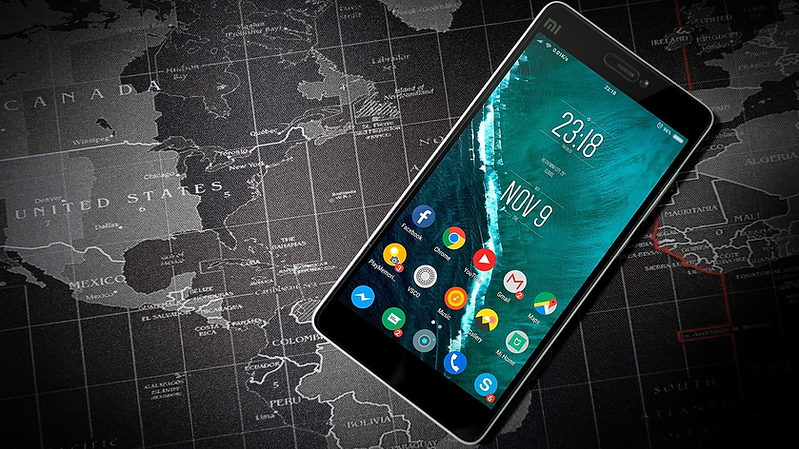Google’s Android 14 introduces the capability to disable 2G networks and refined encryption controls. Find out how this makes your phone safer.
Android 14 Introduces Enhanced Security Tool: IT Admins Can Now Disable 2G Networks
Android 14 recently added the capability to deactivate 2G networks. This upgrade allows IT professionals to switch to more secure network protocols, such as 3G or 4G. Consequently, it curtails potential security vulnerabilities associated with outdated and less secure network technologies.
A Refined Approach to Security
By nullifying 2G networks, IT administrators can proactively protect sensitive corporate data and preempt unauthorized access. Android 14’s security upgrade serves as a cornerstone of risk mitigation strategies.
The decision to disable 2G networks is a proactive strategy against hackers who often capitalize on this obsolete technology’s frailties.
With its origins dating back to the early 1990s, the once ubiquitous 2G networks have become relics in the era of smartphones and 4G/5G connectivity. Despite this, their usage remains relevant due to the persistence of legacy devices and the resurgence of flip phones featuring foldable screens.
Google’s announcement emphasizes that modern corporate cell users should avoid 2G networks, as their dated encryption protocols render them susceptible to interception.
Risks of Connectivity: Rogue Base Stations and Forced Downgrades
Notably, these outdated networks serve as breeding grounds for security threats. These threats include fake base stations and Stingray cell trackers. The United Kingdom’s commitment to supporting 2G until 2033 underscores the continuing relevance of this technology.
Over time, Android devices have embraced the principle of end-to-end encryption for most network traffic, with exceptions including emergency calls. A distinguishing aspect of this upgrade is the Android 14 Enterprise management tools’ augmented control over encryption.
Contrasting Approaches: Google vs. Apple
Comparatively, Apple’s iOS champions a distinct approach, encrypting all end-to-end interactions within its Messages, FaceTime, and Mail applications. Google entrusts network operators with the deployment of encryption measures across their infrastructure.
This contrast shows the intricate interplay between Android’s adaptable ecosystem and Apple’s more contained domain. Notably, Apple’s iPhones lack an equivalent 2G network toggle, underscoring the divergent security philosophies between the two tech giants.
Google acknowledges that these groundbreaking features may necessitate hardware upgrades for optimal functionality. The company foresees broader adoption over the coming years as Android OEMs integrate the connectivity security enhancement.
For enterprise users leveraging Android, this progressive stride signals a significant advancement in keeping sensitive communications and data safe.

